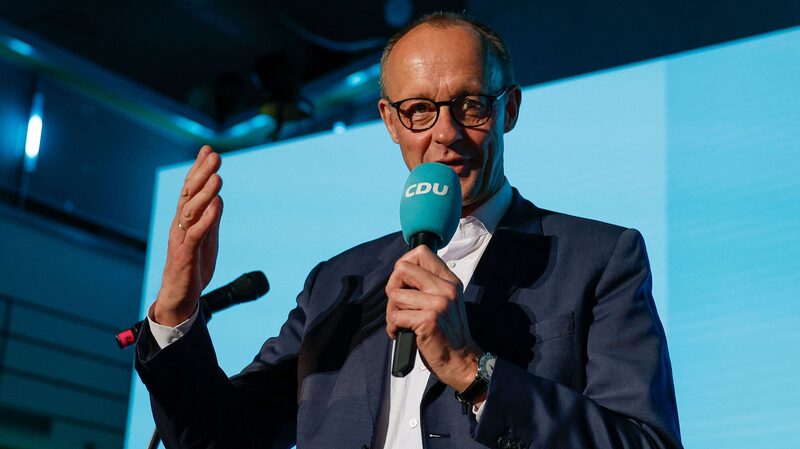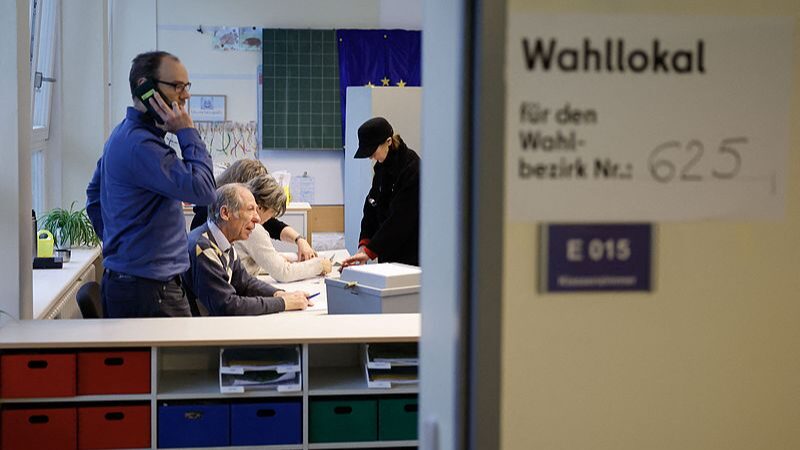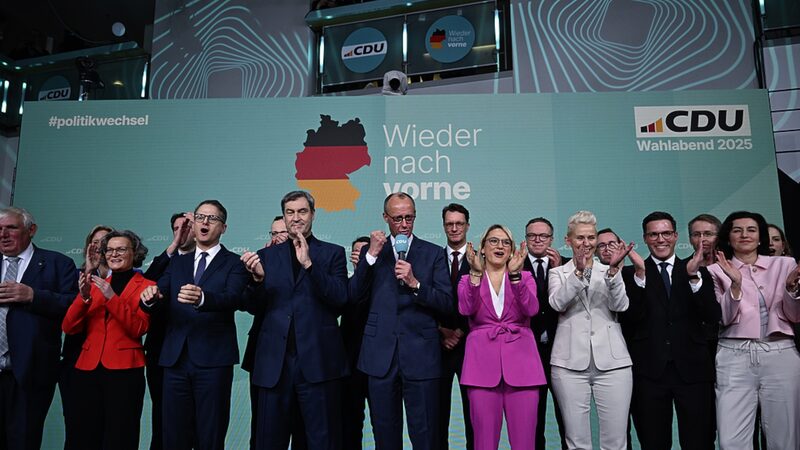🇩🇪 Germany's political landscape is rewriting its script after Sunday's high-stakes election, with conservative leader Friedrich Merz poised to become chancellor. But forming a government? That’s the real cliffhanger. 🔍
The Numbers Game
Merz’s CDU/CSU alliance scored 28.5%—enough to lead but far from a slam dunk. The far-right AfD surged to 20.5%, while the left-wing Linke grabbed 8%, both boosted by youth votes. 📈 Meanwhile, outgoing Chancellor Olaf Scholz’s SPD slid to 16.5%, setting up a tense coalition tango.
Coalition Conundrum
⚠️ The 'firewall' against far-right partnerships rules out AfD collaboration. SPD becomes Merz’s likeliest—but tricky—partner. Together, they’d form a slim majority. But can they bridge divides on migration (Merz wants border controls; SPD pushes nuanced reforms) and debt rules (SPD seeks flexibility; CDU/CSU traditionally resists)?
Wild Cards & Roadblocks
Greens? Too divided on immigration. Free Democrats? Missed the 5% cutoff. 🚫 Another 'grand coalition' with SPD seems probable, but negotiators must untangle policy knots and post-campaign tensions. ⌛ Time’s ticking: Merz aims for a government by mid-April to avoid leadership vacuums amid Europe’s shifting alliances.
Stay tuned—this political drama’s just getting started. 🌐✨
Reference(s):
cgtn.com







